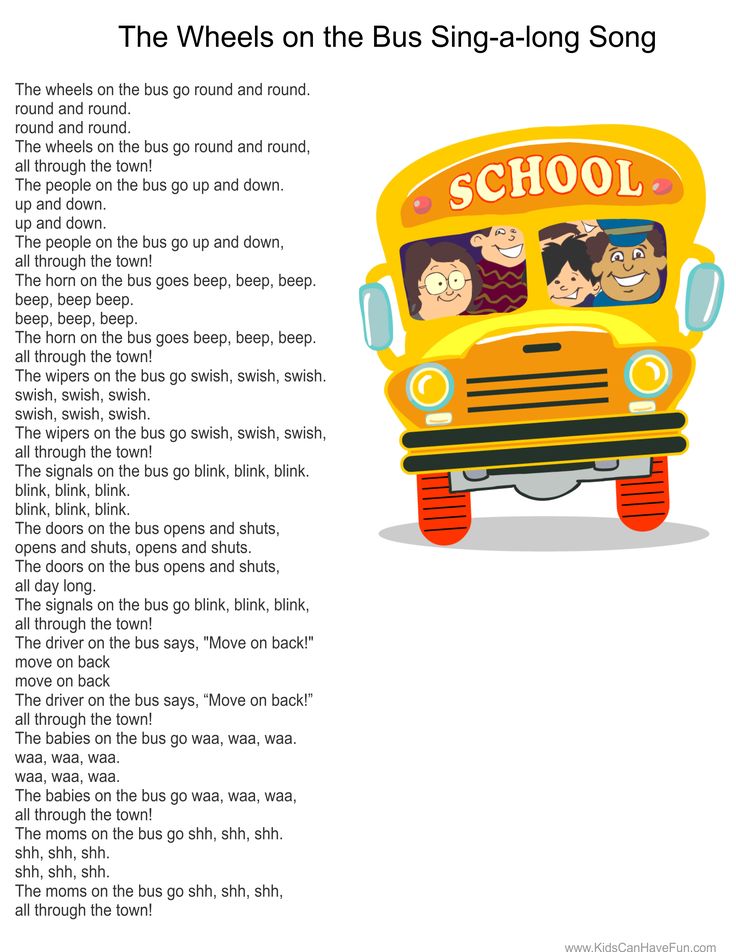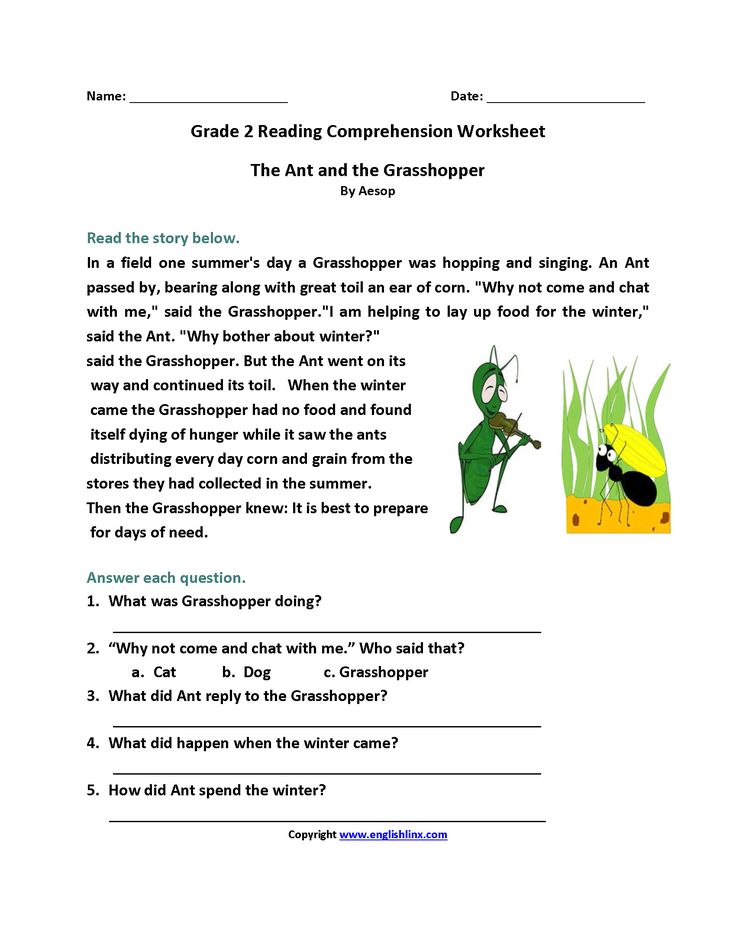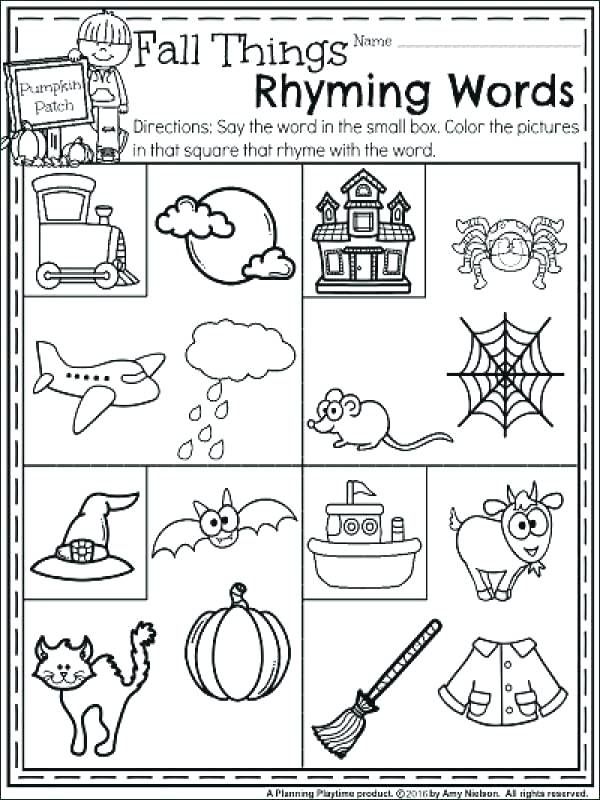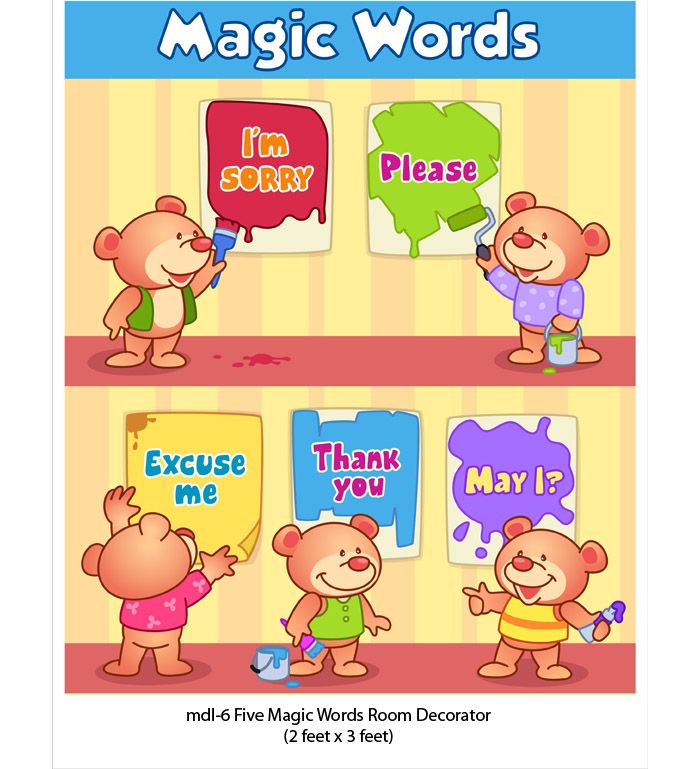People on the bus go up and down
The Wheels On The Bus
Nursery Rhyme The Wheels On The Bus with Lyrics and Music
The Wheels on the Bus is a very popular children`s song. It is sung with different verses, and it excists many variations. We suggest that you try the verses listed below. And remember that you also can make up your own verses... Remember to share them with us in the comment field below!
The Wheels On The Bus is perfect to sing on journeys to keep children amused. On bus journeys it is a "must".
Tip: Going on a long car trip? Why not change "bus" with "car", and try to make up some new verses? This is fun enertainment for all the family! Enjoy - and have a nice trip :)
Don't you remember the The Wheels On The Bus tune? Don't worry! You can listen to "The Wheels On The Bus" at the bottom of this page...
The wheels on the bus go round and round,
Round and round
Round and round.
The wheels on the bus go round and round,
all day long.
The horn on the bus goes Beep, beep, beep
Beep, beep, beep
Beep, beep, beep.
The horn on the bus goes Beep, beep, beep,
all day long.
The wipers on the bus go Swish, swish, swish
Swish, swish, swish
Swish, swish, swish.
The wipers on the bus go Swish, swish, swish,
all day long.
The baby on the bus says "Wah, wah, wah
Wah, wah, wah
Wah, wah, wah".
The baby on the bus says "Wah, wah, wah",
all day long.
The bell on the buss goes "Ding, ding, ding"
Ding, ding, ding
Ding, ding, ding
The bell on the buss goes "Ding, ding, ding",
all day long.
The money on the bus (or in the box) goes, Clink, clink, clink
Clink, clink, clink
Clink, clink, clink.
The money on the bus goes, Clink, clink, clink,
all day long.
The Driver on the bus says "Move on back
move on back, move on back"
The Driver on the bus says "Move on back",
all day long.
The windows on the bus go up and down
up and down
up and down".
The windows on the bus go up and down,
all day long.
The mommy on the bus says "Shush, shush, shush
Shush, shush, shush
Shush, shush, shush."
The mommy on the bus says "Shush, shush, shush"
all day long.
The people on the bus laugh "Ha-ha-ha"
Ha, ha, ha
Ha, ha, ha.
The people on the bus laugh "Ha-ha-ha",
all day long.
Press the play-icon to listen to the nursery rhyme "The Wheels On The Bus". Sing along!
YOUR Experiences With The Wheels On The Bus
How and when do YOU use the nursery rhyme The Wheels On The Bus? Have you made a own verse? Please tell us about it :)
The Wheels on the Bus Lyrics With Alternative Verses
The classic children’s song, “The Wheels on the Bus” is a traditional American folk song written in the 1930’s by Verna Hills of Boston, MA. The song was based on the nursery rhyme “Here We Go Round the Mulberry Bush”, and actually shares the same tune. The lyrics have changed a few times over the years, and new actions, such as wiping the windows and the engine going vroom, were added.
The song was based on the nursery rhyme “Here We Go Round the Mulberry Bush”, and actually shares the same tune. The lyrics have changed a few times over the years, and new actions, such as wiping the windows and the engine going vroom, were added.
Below you’ll find all the versions of this song that we could find. Feel free to reach out if we’ve missed one!
Traditional Lyrics
The wheels on the bus go round and round,
round and round,
round and round.
The wheels on the bus go round and round,
all through the town.
The wipers on the bus go swish, swish, swish;
Swish, swish, swish;
Swish, swish, swish.
The wipers on the bus go Swish, swish, swish,
all through the town.
The horn on the bus goes beep, beep, beep;
Beep, beep, beep;
Beep, beep, beep.
The horn on the bus goes beep, beep, beep,
all through the town…
The money on the bus goes, clink, clink, clink;
Clink, clink, clink;
Clink, clink, clink.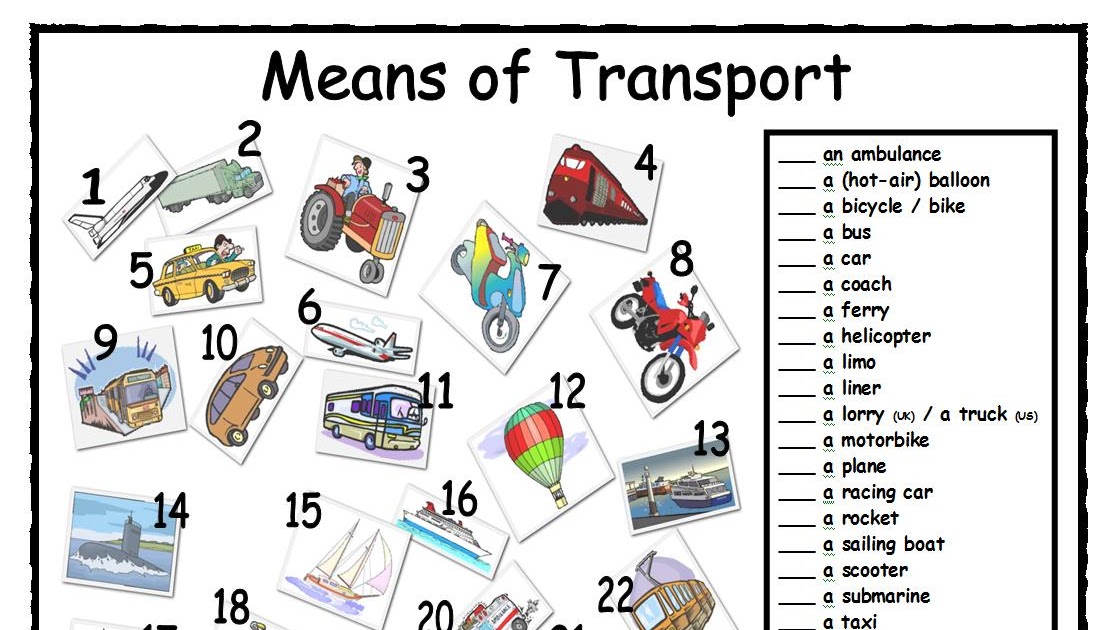
The money on the bus goes, clink, clink, clink,
all through the town.
The Driver on the bus says “Move on back,
move on back, move on back;”
The Driver on the bus says “Move on back,”
all through the town.
The baby on the bus says “Wah, wah, wah;
Wah, wah, wah;
Wah, wah, wah”.
The baby on the bus says “Wah, wah, wah,”
all through the town.
The mommy on the bus says “Shush, shush, shush;
Shush, shush, shush;
Shush, shush, shush.”
The mommy on the bus says “Shush, shush, shush,”
all through the town.
Alternate Versions
The doors on the bus go open and shut.
The bell on the bus goes ding-ding-ding.
The lady on the bus says, “Get off my feet”…
The people on the bus say, “We had a nice ride”…
“Your name” on the bus says Let Me Off!
The Grandma on the bus goes (kiss, kiss, kiss)
The Grandpa on the bus goes (snore, snore, snore)
Librarians on the bus go shh, shh, shh,
shh, shh, shh,
shh, shh, shh,
Librarians on the bus go shh, shh, shh,
Mummy and daddy on the bus says, I love you,
I love you, I love you,
Mummy and daddy on the bus says, I love you,
Policeman on the bus, goes allo, allo allo,
allo, allo, allo, allo, allo, allo,
Policeman on the bus. Go allo, allo allo,
Go allo, allo allo,
Grannies on the bus, shake their heads,
shake their heads, shake their heads,
Grannies on the bus, shake their heads,
Grannies on the bus knit, knit, knit,
knit, knit, knit,
knit, knit, knit
Grannies on the bus knit, knit, knit,
Dentists on the bus say open wide,
open wide,
open wide,
Dentists on the bus say open wide,
Brakes on the bus, go screech, screech, screech,
screech, screech, screech,
screech, screech, screech,
Brakes on the bus, go screech, screech, screech,
Doors on the bus go open and shut,
open and shut,
open and shut,
Doors on the bus go open and shut,
Friends on the bus say, how are you?
How are you?
How are you?
Friends on the bus say, how are you?
Money on the bus goes clink, clink, clink,
clink, clink, clink,
clink, clink, clink,
Money on the bus goes clink, clink, clink,
Teenagers on the bus go like OMG,
OMG
OMG
Teenagers on the bus go like OMG,
Dogs on the bus go woof, woof, woof,
woof, woof, woof,
woof, woof, woof,
Dogs on the bus go woof, woof, woof,
Cats on the bus go meow, meow, meow,
meow, meow, meow,
meow, meow, meow,
Cats on the bus go meow, meow, meow,
Mice on the bus go squeak, squeak, squeak,
squeak, squeak, squeak,
squeak, squeak, squeak,
Mice on the bus go squeak, squeak, squeak,
Chickens on the bus go cluck, cluck, cluck,
cluck, cluck, cluck,
cluck, cluck, cluck,
Chickens on the bus go cluck, cluck, cluck,
Ducks on the bus go quack, quack, quack,
quack, quack, quack,
quack, quack, quack,
Ducks on the bus go quack, quack, quack,
Turkeys on the bus go gobble, gobble, gobble,
gobble, gobble, gobble,
gobble, gobble, gobble,
Turkeys on the bus go gobble, gobble, gobble,
Parrots on the bus say Who’s a pretty boy?
Who’s a pretty boy?
Who’s a pretty boy?
Parrots on the bus say Who’s a pretty boy?
Sheep on the bus go baa, baa, baa,
baa, baa, baa,
baa, baa, baa,
Sheep on the bus go baa, baa, baa,
Cows on the bus go moo, moo, moo,
moo, moo, moo,
moo, moo, moo,
Cows on the bus go moo, moo, moo,
Pigs on the bus go oink, oink, oink,
oink, oink, oink,
oink, oink, oink,
Pigs on the bus go oink, oink, oink,
Horses on the bus go neigh, neigh, neigh,
neigh, neigh, neigh,
neigh, neigh, neigh,
Horses on the bus go neigh, neigh, neigh,
Cockroaches on the bus go skitter, skitter, skitter,
skitter, skitter, skitter,
skitter, skitter, skitter,
Cockroaches on the bus go skitter, skitter, skitter,
Tired of singing this yet? Perhaps it’s time for some card games.
Hella Staff|September 2, 2022
Why people get sick and how to deal with it. Society news
Hello, kinetosis!
— Valentina Nikolaevna, why do people get sick?
- This unpleasant state of the body is called kinetosis, and it is associated with our vestibular apparatus, which is responsible for balance. Thanks to special receptors, the brain perceives the position of the body. But while moving in transport, the receptors of the vestibular apparatus report that the body is motionless, and the eyes give a different signal: everything around is moving. Such conflict causes symptoms of motion sickness.
— Why then do you get motion sick in traffic jams? After all, the picture almost does not change there?
- Thanks to receptors, the brain perceives not only the position of the head in space, but also all our movements. When tilting, turning the head, the receptors are irritated, and the muscles, due to which the body straightens, contract reflexively.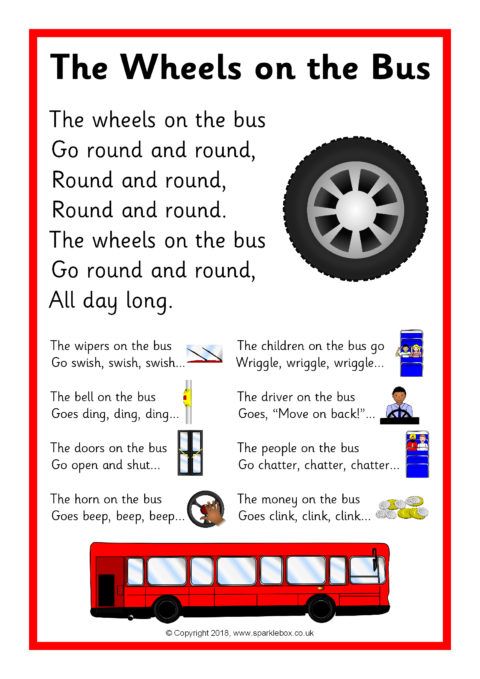 Therefore, if a person suffers from kinetosis, he feels bad in traffic jams, where the car either starts off or slows down.
Therefore, if a person suffers from kinetosis, he feels bad in traffic jams, where the car either starts off or slows down.
- The same thing happens on the rides, right?
- We are used to movements in the horizontal plane, and when moving up and down, right and left, the body loses orientation. Many people like this feeling, but in a person with kinetosis it causes dizziness and nausea. Unpleasant sensations arise on carousels, roller coasters, serpentines. Some people calmly endure the rolling of the sea, but they are swayed in a moving elevator.
Valentina Bugorskaya / Photo: Elena Miroshnichenko
See also
Have time to give birth. Why it is better to think about pregnancy before the age of 35 22 Feb 2023 12:07
Atopic dermatitis in childhood, or How children's health is affected by their parents 20 Feb 2023 14:33
Belgorod residents are invited to be examined for oncology for free 30 Jan 2023 16:20
Look into the eyes of a herring.
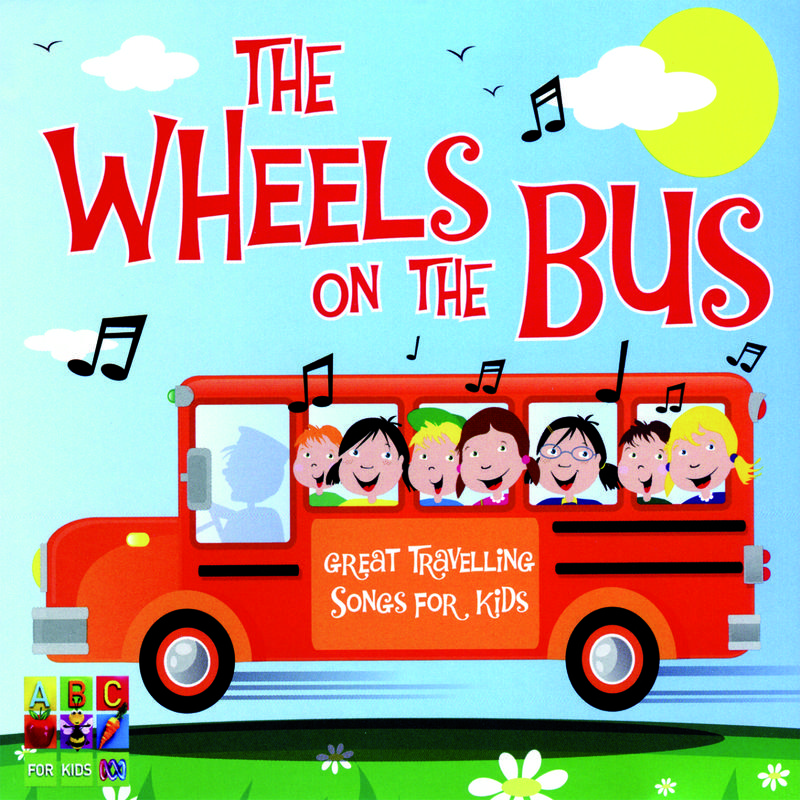 What can you eat with fish 09 Oct 2022 15:15
What can you eat with fish 09 Oct 2022 15:15 Andrey Ikonnikov spoke about the meeting with mobilized Belgorod residents in military units 30 Sep 2022 18:08
Horizontal bar, swimming, running
— Why does everyone get motion sickness in different ways? Some are covered in cold sweat, others are sick.
- Motion sickness is also affected by the displacement of moving organs: liver, stomach, heart. Their sensitive nerves are irritated, and the brain sends signals to the cardiovascular and digestive systems. Someone has an increased heart rate, shortness of breath appears, breathing becomes difficult, and someone immediately has nausea and vomiting. It all depends on the adaptive capabilities of the body.
Many diseases of the digestive tract and all organic disorders of the brain function provoke motion sickness. More often than others, people with visual problems suffer from motion sickness.
More often than others, people with visual problems suffer from motion sickness.
Photo: shutterstock.com
Health watchdog. What pain can tell
If a person has recently had otitis, he is overtired, women have a monthly cycle or pregnancy, then the likelihood of motion sickness is much higher - even those who could not experience these symptoms before suffer. Experts believe that some people have some kind of genetic characteristics, so their vestibular apparatus reacts so violently. Stuffiness, alcohol, food smells, cigarette smoke provoke motion sickness.
— Why do children get sick so often? Isn't this a sign of illness?
- For children from two to 14 years of age, motion sickness is completely natural: their vestibular apparatus has not yet matured.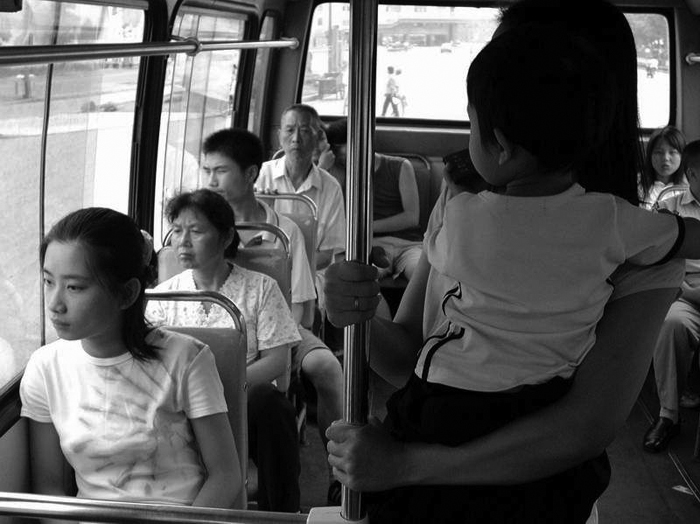 For the vast majority, this unpleasant syndrome goes away with the onset of puberty.
For the vast majority, this unpleasant syndrome goes away with the onset of puberty.
— How to help children?
— It is necessary to train the vestibular apparatus. It's not difficult: the child can walk along the curbs while maintaining balance, swing and spin on swings and carousels. A large rubber ball - a fitball - helps a lot, you can stay on it only by coordinating your movements. Both children and adults will be helped by tilting, swinging on the horizontal bar, swimming, running, rotational movements of the head and torso. In general, sports help, because, as a rule, trained people have a good vestibular apparatus.
— What should I do to avoid seasickness?
- If you are on a bus, sit down as I walk and closer to the driver, in the front seats there is much less motion sickness. When it's hot and stuffy, turn on the air conditioner or make sure that there is an influx of fresh air. At the check-in for the flight, ask for seats in the rows between the wings - there the flight shaking is easier to bear.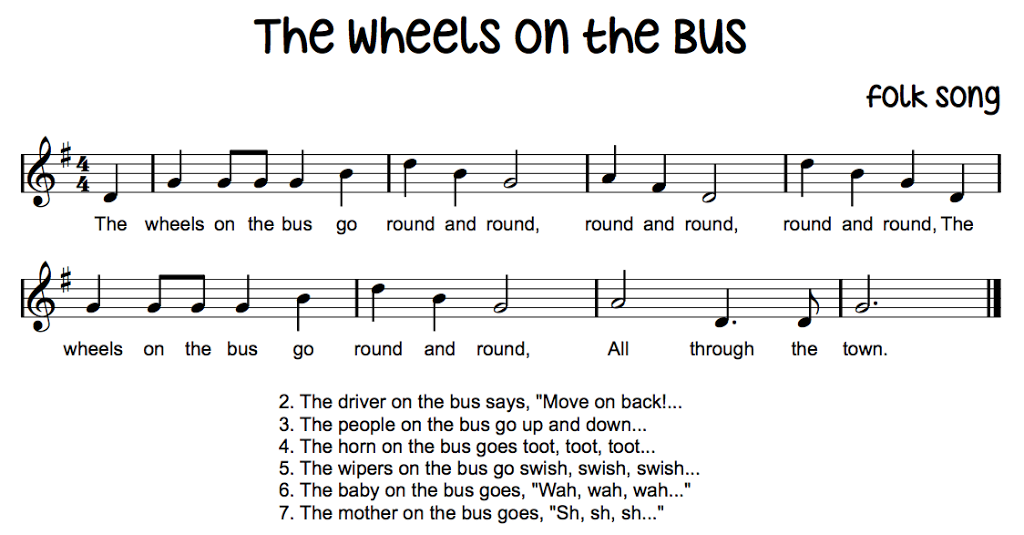
On the bus, try to look at a stationary object or at the horizon line, and not at the flickering views outside the window. Take your mind off the road, communicate with your companions.
Photo: pixabay.com
Bitter, sour, salty
— Why do books, movies, video games, which seem to be such a good distraction from the road, only get worse?
- They increase the load on the eyes, the picture constantly jumps. The inconsistency between the information of the visual receptors and the vestibular apparatus is growing. In this situation, even a person with a good vestibular apparatus can get sick. To switch attention, it is better to listen to calm music, audio books.
— Maybe to avoid nausea, it is better to go hungry?
- No way! This is just one of the factors that provoke motion sickness. It is better to eat one and a half to two hours before departure, but do not overeat.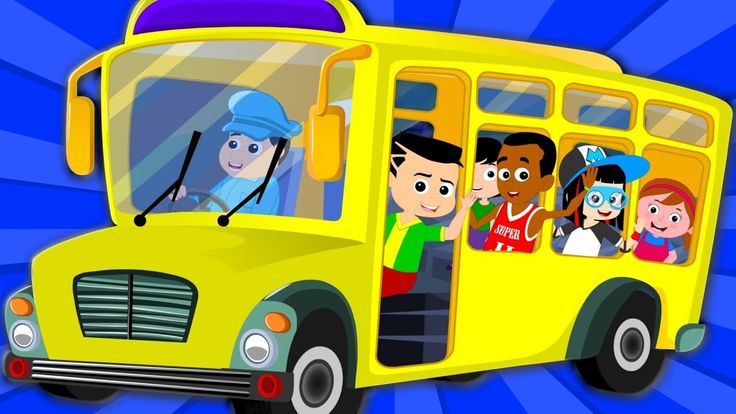 Try to do without fatty, smoked foods, alcohol and carbonated drinks, choose food that is as easily digestible as possible. Foods with a bitter, salty or sour taste help to cope with motion sickness: nuts, crackers, hard cheese, sour vegetables and fruits.
Try to do without fatty, smoked foods, alcohol and carbonated drinks, choose food that is as easily digestible as possible. Foods with a bitter, salty or sour taste help to cope with motion sickness: nuts, crackers, hard cheese, sour vegetables and fruits.
Sip cold still water often while traveling, and give your children the same water. Sweet soda causes nausea, as it strongly irritates the taste buds.
Of the popular methods, ginger has proven itself well. Ginger candies and lozenges will work, but it's best to suck on a piece of ginger root every 20 to 30 minutes.
If nausea is triggered by unpleasant odors that you can't escape on the road, sniff a slice of lemon or drink water with natural lemon juice.
Photo: pixabay.com
— And if none of these tips help?
- Pharmacies have a lot of drugs for motion sickness. There are many of them, they differ in the mechanism of action. Bioadditives made from natural substances and herbs are suitable for children - they increase the stability of the vestibular apparatus and eliminate unpleasant syndromes.
Bioadditives made from natural substances and herbs are suitable for children - they increase the stability of the vestibular apparatus and eliminate unpleasant syndromes.
Medicines have age restrictions, many make you sleepy for a long time, you feel lethargic, but they relieve nausea and dizziness well. They are taken 30-60 minutes before the trip, and these drugs work from four to six hours.
Many people prefer special bracelets. There is an acupuncture point near our wrist, which is affected by the bracelet and thus relieves unpleasant symptoms. In addition, unlike tablets, it can be used as an ambulance for motion sickness, because its effect begins in a few minutes.
- Can kinetosis affect health?
- As a rule, no medical and medicinal assistance is required at the end of the trip.
Photo: Natalia Kozlova
Elena Dvorinikova:
“When I graduated from the ninth grade, my parents bought me a ticket to a sea ship that went from Vladivostok to Kamchatka.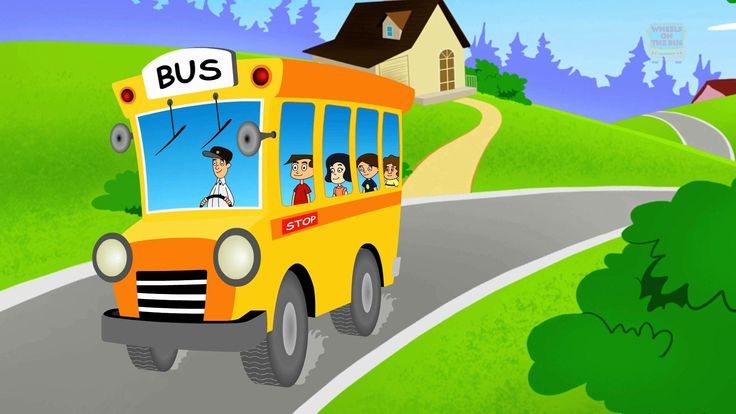 It was pre-perestroika time, the ticket didn’t cost a lot of money, and we, schoolchildren, were shoved into the cabins on the lower deck, where even the toilets were shared.
It was pre-perestroika time, the ticket didn’t cost a lot of money, and we, schoolchildren, were shoved into the cabins on the lower deck, where even the toilets were shared.
I made friends with Stasik, we walked along the decks, holding hands, and I was unrealistically happy. Until the storm started. The ship slowly rises up, and then just as slowly rolls down. It's like a second when you go down on a swing and your stomach groans, but stretched out for a whole minute. At first it was cool, but then I realized that I was sick.
I run into the toilet and lean over the sink, but then I fly away from someone's push. I push the offender in response and suddenly I see that this is my Stasik. We divided the sink into two, because the neighboring ones were occupied by the same sufferers.
When the storm ended and we green crawled out of the cabins, for some reason we couldn't look at each other. That same evening I went to the cinema with Anton, and Stasik did not seem to be bored either.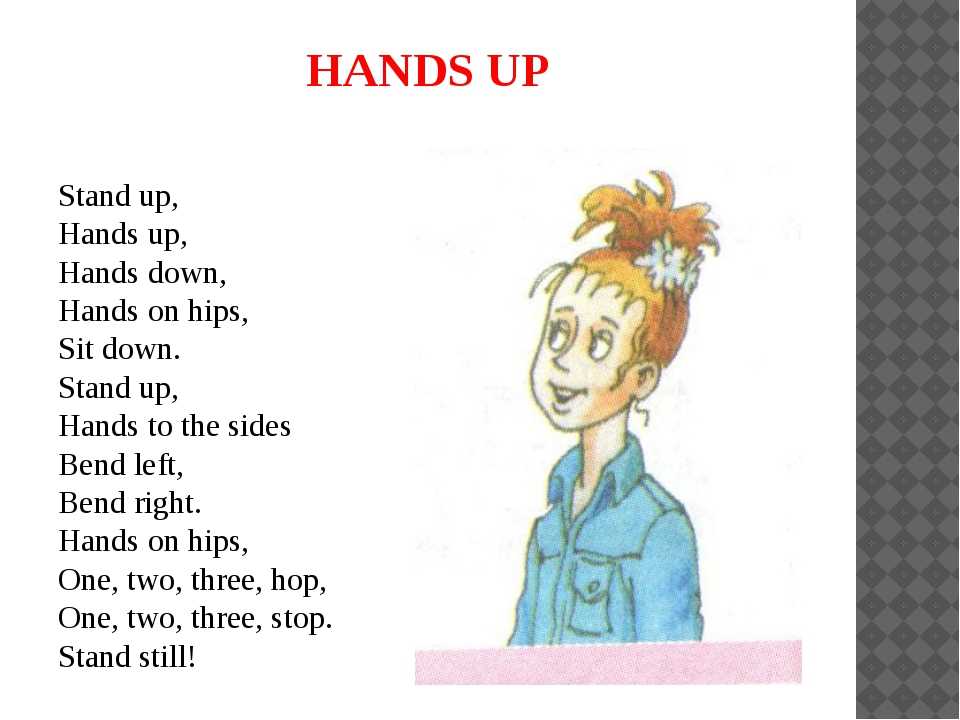 So seasickness ruined my first serious feeling.
So seasickness ruined my first serious feeling.
Olga Samoilova:
“I had no idea that my two-year-old daughter was suffering from motion sickness so badly until I flew with her on a plane. It was a small local flight, so when she threw up, the whole cabin felt it. Many defiantly pinched their noses and looked at us with hostility.
My daughter and I were sitting in the tail, where we were talking a lot, and the stewardess offered to take the empty front seats. We moved, and after a while a pilot came out of the cockpit and sat next to me. Then, in my understanding, a catastrophe happened: my daughter vomited right on his beautiful blue tunic. He didn’t say anything, got up abruptly and left, and I desperately wanted to jump out the window.”
Photo: pixabay.com
Vera Semashko:
“As a child, my grandmother and I often traveled to the district center by bus, and I was very sick. Grandma always took a bag, which, oh, how she needed.
Grandma always took a bag, which, oh, how she needed.
One day she bought a large plastic bowl at the market. On the way, it turned out that the bag had disappeared somewhere, and I had to urgently use the basin right on the bus. What a strange sight it must have been.”
Svetlana Gusarenko:
“Last year we went to Crimea with several families. And somehow, after a hearty lunch in a cafe, everyone went to rest, and I was the only one who volunteered to swim in the sea with my friend's husband. The rubber boat bounced on the waves, and I realized that I urgently needed to get to the shore. And the acquaintance has a fishing passion, there can be no question of any return. Needless to say, all the seagulls were mine: they were the only ones who rejoiced at my seasickness and their unexpected dinner.
Vasily Artemchuk, taxi driver:
Photo: personal archive
VRF News
Travels around the USSR.
 Dagestan village Kubachi: up by bus, down - by scooter - COUNTRIES - CITIES
Dagestan village Kubachi: up by bus, down - by scooter - COUNTRIES - CITIES
Travels in the USSR. Dagestan village Kubachi: up by bus, down - by scooter
I continue the series "Traveling around the USSR" - stories about an amazing time when there were no digital cameras yet, when you could easily go to a church holiday in a CARPATHIAN VILLAGE, when a amateur photographer is in the middle of days they could take the "organs" just for taking pictures of the ODESSA PORT, when a visiting Muscovite could go alone to the mountainous Dagestan village of Kubachi.
I give the floor to my father, a photographer with 55 years of experience and the author of the presented slides, Anatoly Sirota
( turnepsik ).
Slides made in 1977 on ORWO CHROM color reversible film, produced in the GDR.
Slides scanned by me in 2016 on a Plustek OpticFilm 7600i slide scanner.
.
Early morning in Kubachi
0051 that before the start of the conference I had one free day. And on this day, by regular bus from Makhachkala,
, I went to the mountain village of Kubachi.
.
Early morning in Kubachi
Why in Kubachi? Initially, I believed that there were many auls in the Caucasus that retained their historical appearance. But then in Moscow, in the Lenin Library, I found some old book and from it I was surprised to learn that the village of Kubachi was considered a unique monument of medieval architecture even before the revolution. In the same way, I believed that "before historical materialism" there were many auls in which folk craftsmen created traditional metal products. But it turned out that the products of Kubachi masters - from weapons and military armor to jewelry - have always enjoyed special fame.
Now that my journey is a thing of the distant past, thanks to the Internet, you can easily learn a lot of amazing things about Kubachi. They write that the Kubachins consider themselves descendants of 40 families of gunsmiths, whom the Shah of Persia ordered "from the land of the Franks." Or, for example: “Among the most famous works of the Kubachins are the two-horned helmet of Alexander the Great, the shield of Alexander Nevsky, the saber of Nadir Shah and a later relic - a set of edged weapons from the Victoria and Albert Museum in London, presented by Tsar Alexander III to Queen Victoria. The dragoons of the Russian Empire fought with Kubachi sabers, being proud not only of the combat properties of the steel blade, but also of the notch, carving on the scabbard and hilt. (http://daglegenda.blogspot.de/2012/03/blog-post_9615.html)
They write that the Kubachins consider themselves descendants of 40 families of gunsmiths, whom the Shah of Persia ordered "from the land of the Franks." Or, for example: “Among the most famous works of the Kubachins are the two-horned helmet of Alexander the Great, the shield of Alexander Nevsky, the saber of Nadir Shah and a later relic - a set of edged weapons from the Victoria and Albert Museum in London, presented by Tsar Alexander III to Queen Victoria. The dragoons of the Russian Empire fought with Kubachi sabers, being proud not only of the combat properties of the steel blade, but also of the notch, carving on the scabbard and hilt. (http://daglegenda.blogspot.de/2012/03/blog-post_9615.html)
.
So, having found out in advance that the bus from Makhachkala to Kubachi makes one trip a day, I, with my faithful CAMERA "KIEV", went to the mountains on this old rattling bus, accompanied by a dozen local residents wrapped in scarves.
.
The bus was supposed to drive about 160 km south of Makhachkala and take us to a height of 1800 meters. He crawled and crawled up a bad road, something broke in him several times, the driver stopped oncoming cars, discussed breakdowns with other drivers, they very willingly helped him, even gave him some part, repaired the engine with him, and we climbed higher, higher, higher up the serpentine. At noon we stopped in some aul and the whole company - women in headscarves, the driver and I - sat down at a wooden plank table under a branchy tree, ate the same dish, rested a bit and drove on.
He crawled and crawled up a bad road, something broke in him several times, the driver stopped oncoming cars, discussed breakdowns with other drivers, they very willingly helped him, even gave him some part, repaired the engine with him, and we climbed higher, higher, higher up the serpentine. At noon we stopped in some aul and the whole company - women in headscarves, the driver and I - sat down at a wooden plank table under a branchy tree, ate the same dish, rested a bit and drove on.
.
Finally, when it was already getting dark, we drove somewhere and, judging by the fact that the bus stopped, and all the women and the driver suddenly disappeared, I realized that we were in Kubachi. And somehow it immediately became very dark, because there was no lighting, except for bright stars. But the stars were incredibly bright - I have never, either before or since, seen such stars again. So, I was left alone on a dark street, there were very high stone walls around, and somewhere in the distance a little light glowed. I went to this world.
.
It turned out to be a telephone exchange window. A handsome man, a rural physics teacher, replaced an employee who had disappeared somewhere. He connected, by inserting pins into the switch, the chairman of the village council with the secretary of the party organization. They were arguing about whose people should unload the car with silver that had arrived earlier in the day for the local art factory. "It would have been a long time since they unloaded the two of them themselves," the teacher grumbled, "and they've been arguing for an hour now." Without ceasing to insert the pins, he first of all inquired whether I had a marchioness. Only the next day I understood why he was so interested in it - all the women in the village were wrapped in snow-white voile shawls.
.
.
The teacher told me a lot of interesting things about Kubachi, which will be discussed later. He treated me to delicious homemade cookies, which, in my opinion, were made with mutton fat, and advised me to knock on the door of the school watchman: there are mattresses on the floor of the school, and I can sleep on them.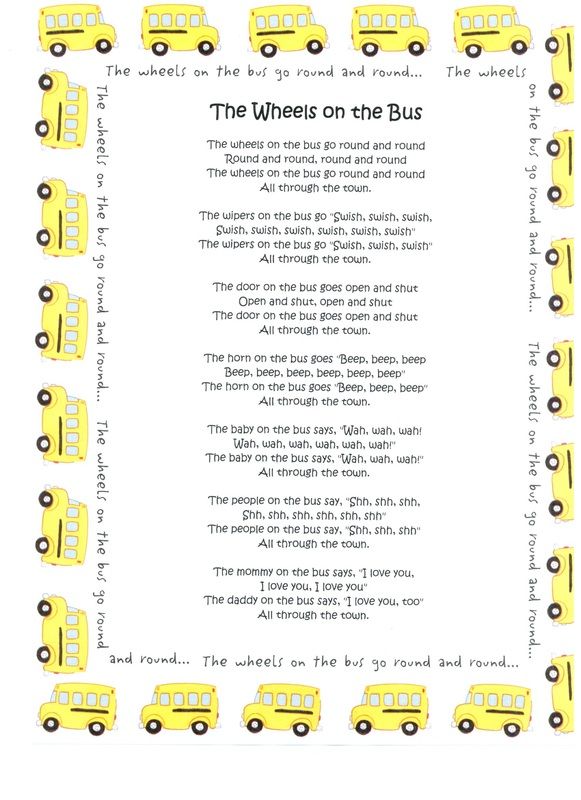 I found this watchman, she opened the school door for me, there really were mattresses on the floor. Wonderful! I lay down and immediately heard ... someone crawling on the roof. I decided that these were formidable dooms, and now something will begin! Then it became quiet, I tried to sleep, and then the footsteps on the roof were repeated. So I suffered all night, and only in the morning I learned that pigeons were crawling on the slate roof and for some reason made a terrible noise. How a dove could make such a noise, I don't know, but I slept very badly. In the morning I asked the watchman for a piece of bread (I didn’t bring food with me), and she, in turn, asked me to photograph her five-year-old son, whom no one had ever photographed before. I complied with her request and then sent her a slide with a small filmoscope from Moscow.
I found this watchman, she opened the school door for me, there really were mattresses on the floor. Wonderful! I lay down and immediately heard ... someone crawling on the roof. I decided that these were formidable dooms, and now something will begin! Then it became quiet, I tried to sleep, and then the footsteps on the roof were repeated. So I suffered all night, and only in the morning I learned that pigeons were crawling on the slate roof and for some reason made a terrible noise. How a dove could make such a noise, I don't know, but I slept very badly. In the morning I asked the watchman for a piece of bread (I didn’t bring food with me), and she, in turn, asked me to photograph her five-year-old son, whom no one had ever photographed before. I complied with her request and then sent her a slide with a small filmoscope from Moscow.
Portrait of the son of a school watchman
In the evening, the physics teacher told me that every family has its own treasury - a room where expensive things are stored, and there you can find exhibits of museum value, for example, ancient Chinese porcelain vases .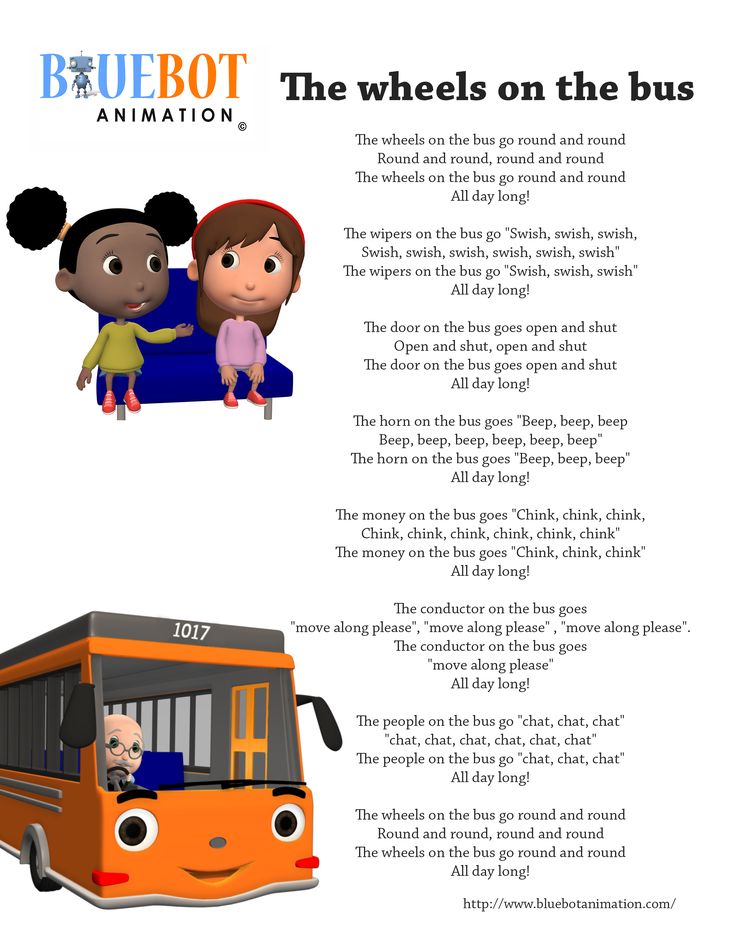 These are family heirlooms that are not shown to outsiders. Now, if you brought the Marquis, - he sighed, - they could show you the treasury. When the watchman gave me a piece of bread, she also asked if I had a marquis. "If you had a marquisette, they would give you something beautiful made of silver in return!" I asked where they get this awning. It turned out that they sell it in Moscow, in GUM. I assured her that next time I would definitely come with the marquis and asked if she had a treasury? She answered: I live alone, we have a poor family, what kind of treasury do we have? But I still begged her and saw several wonderful jugs and ... Chinese thermoses. She obviously also perceived a thermos as a kind of treasure, because in those parts a thermos was a rarity. The watchman allowed the treasury to be photographed. On this we said goodbye to her, and I went for a walk around the village.
These are family heirlooms that are not shown to outsiders. Now, if you brought the Marquis, - he sighed, - they could show you the treasury. When the watchman gave me a piece of bread, she also asked if I had a marquis. "If you had a marquisette, they would give you something beautiful made of silver in return!" I asked where they get this awning. It turned out that they sell it in Moscow, in GUM. I assured her that next time I would definitely come with the marquis and asked if she had a treasury? She answered: I live alone, we have a poor family, what kind of treasury do we have? But I still begged her and saw several wonderful jugs and ... Chinese thermoses. She obviously also perceived a thermos as a kind of treasure, because in those parts a thermos was a rarity. The watchman allowed the treasury to be photographed. On this we said goodbye to her, and I went for a walk around the village.
Treasury in the house of the school watchman
Treasury in the house of the school watchman
Why did the ancient walls of the aul spare the enemy invasions and earthquakes, why didn't mixed marriages destroy this small ethnic community? Here is the answer of the physics teacher to whom I addressed these questions. “Yes, enemy invasions swept through our places many times. And everything around us burned and collapsed. But the Kubachi were never touched, because we were an arsenal. The Kubachi people made not only decorations, but also beautiful blades. Who will destroy their arsenal? Our ancestors were unprincipled people and made blades for any conqueror, so not a single conqueror touched them. All the villages around were destroyed, but Kubachi did not."
“Yes, enemy invasions swept through our places many times. And everything around us burned and collapsed. But the Kubachi were never touched, because we were an arsenal. The Kubachi people made not only decorations, but also beautiful blades. Who will destroy their arsenal? Our ancestors were unprincipled people and made blades for any conqueror, so not a single conqueror touched them. All the villages around were destroyed, but Kubachi did not."
.
As for earthquakes, a very interesting structure saved them from them. It turns out that this mountain nest, which is stuck to the rocks, has a common foundation for all houses. It consists of huge tree trunks, which the Kubachi builders dragged from somewhere. These trees were immersed in a solution of special clay, which was prepared by kneading it with hands until the clay acquired the consistency of sour cream, and there was not even a single pebble in it. This creamy clay served as a bonding solution for tree trunks. When earthquakes occurred, the common foundation bent, but did not break, and the houses did not collapse, so all the Kubachi buildings have been standing here for centuries.
When earthquakes occurred, the common foundation bent, but did not break, and the houses did not collapse, so all the Kubachi buildings have been standing here for centuries.
(Note: read more about the amazing technique of traditional construction in the Caucasus in the comments kiczune
to this entry.)
.
As for the preservation of the ethnic community (although the physics teacher did not use such an expression), the Kubachins always marry Kubachins. “Kubachins live all over Russia, right up to the northern cities,” my interlocutor said. “But we know who lives where, and in general we know everything about everyone. When it comes time to start a family, we send special people who find young people, bring them together they are introduced together." In response to my bewildered question: "Well, how is it, they may not like each other!" the following explanation was given: "You see, in the village the family has been living in front of everyone for a very, very long time, and about each family it is known in advance what can be expected from these people.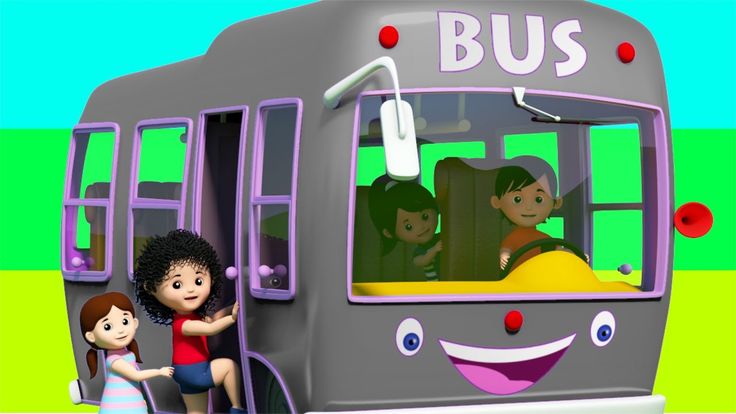 And we select couples for a reason, but we understand who to offer whom" . Here is such a hello to geneticists and keepers of family traditions!
And we select couples for a reason, but we understand who to offer whom" . Here is such a hello to geneticists and keepers of family traditions!
From time to time, the whole family gathers for a family council, if some important event occurs - a birth, a wedding, a funeral - and decides which of the many brothers and sisters will stay in the village to protect the family hearth. He stays in the house and keeps it, as the ancestors did. And the rest are scattered all over the country. This is how the Kubachins preserve their aul! Apparently, my hospitable interlocutor was such a keeper of the hearth. (I can add that in the late 70s there were 1,800 inhabitants in Kubachi, now, according to Wikipedia, the village has 3,000 people.)
.
.
.
I photographed the streets where mostly women walked. Sometimes they carried some kind of bundles, and men walked lightly behind them: the highlander's hands must always be free so that he can repel enemies.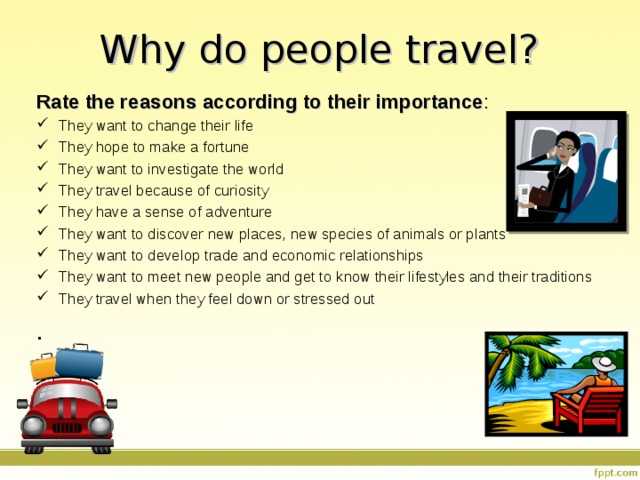
.
.
.
Observing the local way of life, I realized that the narrow long neck of a water jug is a very useful thing. When you walk along the mountain paths, water from such a jug does not splash out. With a rocker you will not walk on such steep roads! Usually, after all, the houses are on the mountain, and the spring is somewhere below, and you have to go down to it. Women go down to the spring with jugs and discuss all the news, wrapping themselves in their voile shawls.
.
Houses in Kubachi, as is typical for the mountain villages of the Caucasus, are built on a steep slope to make it easier to protect the village. In the old days there were five towers with thick walls in the village. In the towers there was always a detachment of warriors, always ready to repulse the attack of enemies. Three towers, partially converted into dwellings, have survived to this day.
.
Two- and three-storey houses are molded one above the other so that the flat roof of the lower house serves as a terrace of the upper one.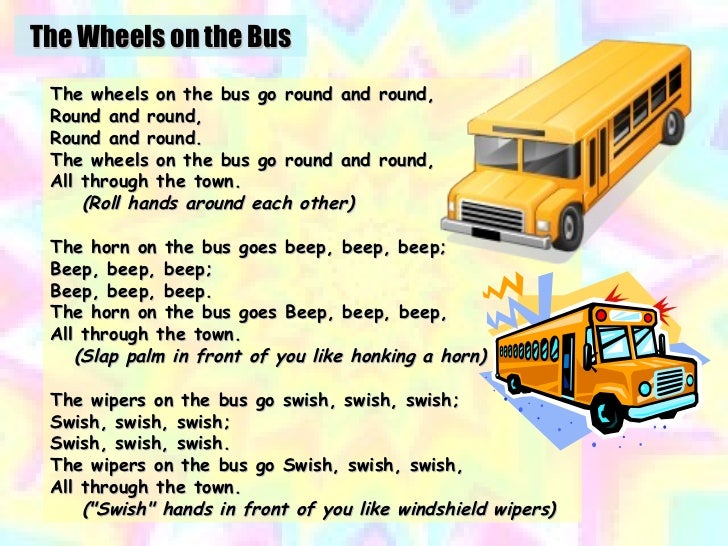 They are often compared to stone waterfalls or stairs to heaven.
They are often compared to stone waterfalls or stairs to heaven.
A new village with traditional houses is being built on a neighboring mountain. The Kubachins said that it costs a lot of money to build a new house, literally every stone counts.
.
Blue color dominates in the design of houses.
(Note: As alise84 explains, the Kubachins preferred blue because it is the color of Sunni Muslims. More precisely, sky blue, but you can’t always get such paint. painted blue houses.)
.
.
.
It's hard to find a tree in the mountains, but it's cold in these stone houses in winter, you have to heat it! Residents are looking for any twig, dragging it to the village and stacking firewood in the lower floors of houses, although this is dangerous: if a fire breaks out, people will not have time to jump out. "We live like on a barrel of gunpowder," the teacher complained. There is not enough brushwood, so they also drown with dung - cakes made from manure mixed with straw.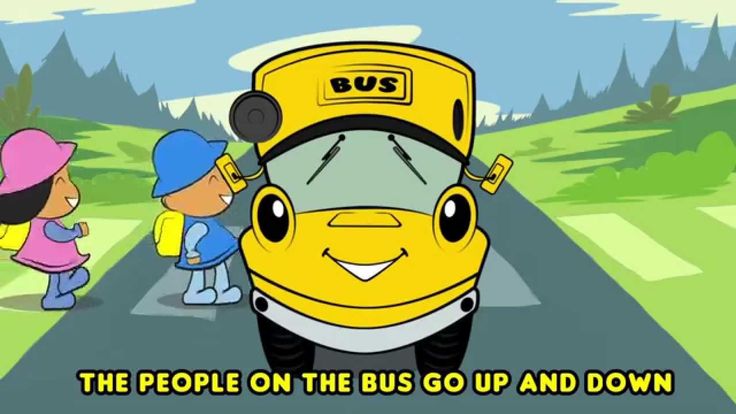 Women in their snow-white awnings mold dung with their hands and glue them to the wall of the house so that they dry in the sun. Here is such a combustible material for stoves!
Women in their snow-white awnings mold dung with their hands and glue them to the wall of the house so that they dry in the sun. Here is such a combustible material for stoves!
Drying dung
.
Manufacture of dung
Walking through the streets, I decided that I should try to photograph the aul from a distance and went to the Muslim cemetery located on the neighboring mountain. I started taking pictures with the tombstones in the foreground, photographed the mausoleum with the flags.
(Note: As alise84 9 explains0196, the flags on the mausoleum are a sign that this is a mashhad or mazar, that is, the burial place of a martyr. Previously, this word was not directly related to terror and meant "a person who devoted himself to faith, lived righteously, performed the hajj, authority in theological matters.") escape, otherwise I won't be able to go down to the plain at all! I returned to the village and began to ask if any transport would come down. (On the way to Kubachi from Makhachkala, I tried to find out when the bus would go back, but to no avail - perhaps the bus did not run every day.) And then some guy (of course, after asking if I had a marchioness) suggested: if you want, I'll take you down on a scooter? I agreed. It turned out that the scooter is a board with two wheels. He grabbed the vertical board that was in front, and I grabbed his shoulders from behind, and we rushed, cutting the serpentine loops, at wild speed, bouncing on huge stones. It was one of the worst experiences of my life! Pretty cool, I'm holding on to him, why we don't fall is unclear. It is impossible to go around the stones, the scooter bounces, bounces ... On this terrible scooter we went down to some other village, where there was no longer any antiquity, but there were several cars on the square.
(On the way to Kubachi from Makhachkala, I tried to find out when the bus would go back, but to no avail - perhaps the bus did not run every day.) And then some guy (of course, after asking if I had a marchioness) suggested: if you want, I'll take you down on a scooter? I agreed. It turned out that the scooter is a board with two wheels. He grabbed the vertical board that was in front, and I grabbed his shoulders from behind, and we rushed, cutting the serpentine loops, at wild speed, bouncing on huge stones. It was one of the worst experiences of my life! Pretty cool, I'm holding on to him, why we don't fall is unclear. It is impossible to go around the stones, the scooter bounces, bounces ... On this terrible scooter we went down to some other village, where there was no longer any antiquity, but there were several cars on the square.
At the Muslim cemetery
Mausoleum at the Muslim cemetery
I asked my benefactor: talk to me. And he replies: you better talk. Why? Well, they all understand Russian, but I am of a different people, and I speak Russian worse than you, and I shouldn’t speak my own language with them, otherwise I’ll just ruin everything. I understood that the inhabitants of the lower aul would not understand the Kubachin and would be unfriendly to him. This is Dagestan - each village has its own language. I approached, talked, the drivers agreed to take me. I drove down to the highway Derbent - Makhachkala, where I managed to stop the intercity bus. Soft seats, music playing, well-dressed passengers… so the journey, which began on a scooter, ended on a comfortable intercity bus.
And he replies: you better talk. Why? Well, they all understand Russian, but I am of a different people, and I speak Russian worse than you, and I shouldn’t speak my own language with them, otherwise I’ll just ruin everything. I understood that the inhabitants of the lower aul would not understand the Kubachin and would be unfriendly to him. This is Dagestan - each village has its own language. I approached, talked, the drivers agreed to take me. I drove down to the highway Derbent - Makhachkala, where I managed to stop the intercity bus. Soft seats, music playing, well-dressed passengers… so the journey, which began on a scooter, ended on a comfortable intercity bus.
.
Muslim cemetery in Kubachi
I arrived in Makhachkala, where the organizers of the conference were already worried about where I had disappeared. I proudly told them - and I was just in time for the opening banquet - where I had been and that I had just returned. They replied: well, it's good that you returned, but you might not have returned at all.